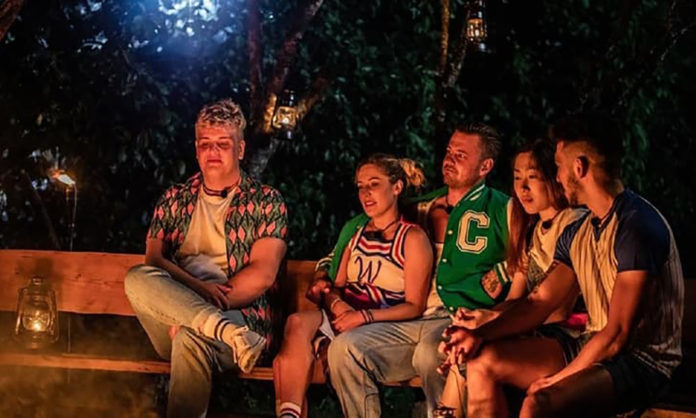In a post on ScreenCraft, David Young examines why summer camp is the perfect setting for a horror movie. “With its origins in gory giallo slasher flicks of the 1970s, the summer camp horror subgenre (an offshute of slasher films) has been a thing since the early 1980s thanks to Friday the 13th and Sleepaway Camp,” Young says. But why?
One key is the nature of horror stories themselves. The great ones turn on the choices made by the characters – the worse the choice, the more nerve-wracking (and probably bloodier) the movie. And who makes the worst decisions? Teenagers!
“Horror often relies on people to make uninformed or rash decisions — it’s part of the formula that prolongs the threat of danger,” Young writes. “And no population is more prone to uninformed and rash decisions than teenagers. Teens in films are driven in many cases by hormones and the poor choices of their parents, in combination with enough knowledge and time to have developed more personality than a younger group of kids.”
Teenagers also think they’re invincible and are more likely to take foolish risks. They also tend to gather in groups. “When teenagers get together in a story, something incredible often happens,” Young says. “Namely, the worst characteristics, like their sense of invincibility, become exponentially more problematic. When teenagers get together, we also see cliques form — a perfect ‘us versus them’ dichotomy that makes the group nervous and puts them on edge.” This attitude also tends to split the group, giving the horror villain easier targets to pick off.
But why summer camp and not, for example, the mall or local high school? The atmosphere, Young says. “The truth is that the woods and adjacent mysterious bodies of water produce the fear of the unknown in many people,” he writes. “What’s out there in those woods? What’s swimming right underneath my toes? What threat is lurking beyond where I can’t see?” There’s also the long tradition of telling scary stories around the campfire, which might even be where the summer camp trope began.
Finally, summer camps tend not to have too much adult supervision, but instead rely on older teenagers to police the younger kids. They’re also more isolated, being out in the mountains or wilderness. “You can easily feel the anxiety of being separated from lifelines like the police or your parents in a place like this, and that’s the point,” Young notes. “On top of all this, a killer can use the woods — and the element of isolation — to their advantage, eventually separating the campers from each other very easily thanks to the setting’s natural ability to do so.”












